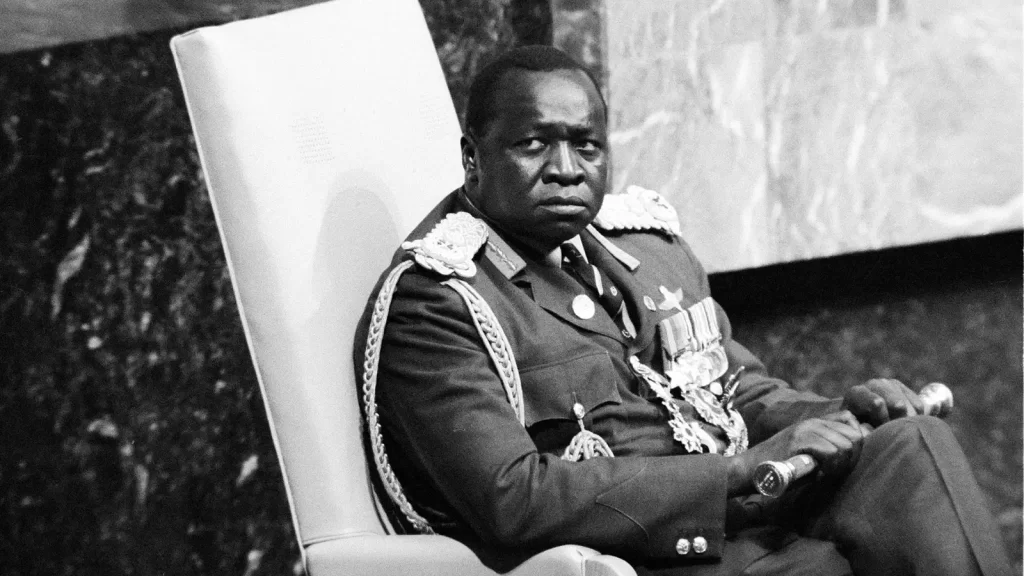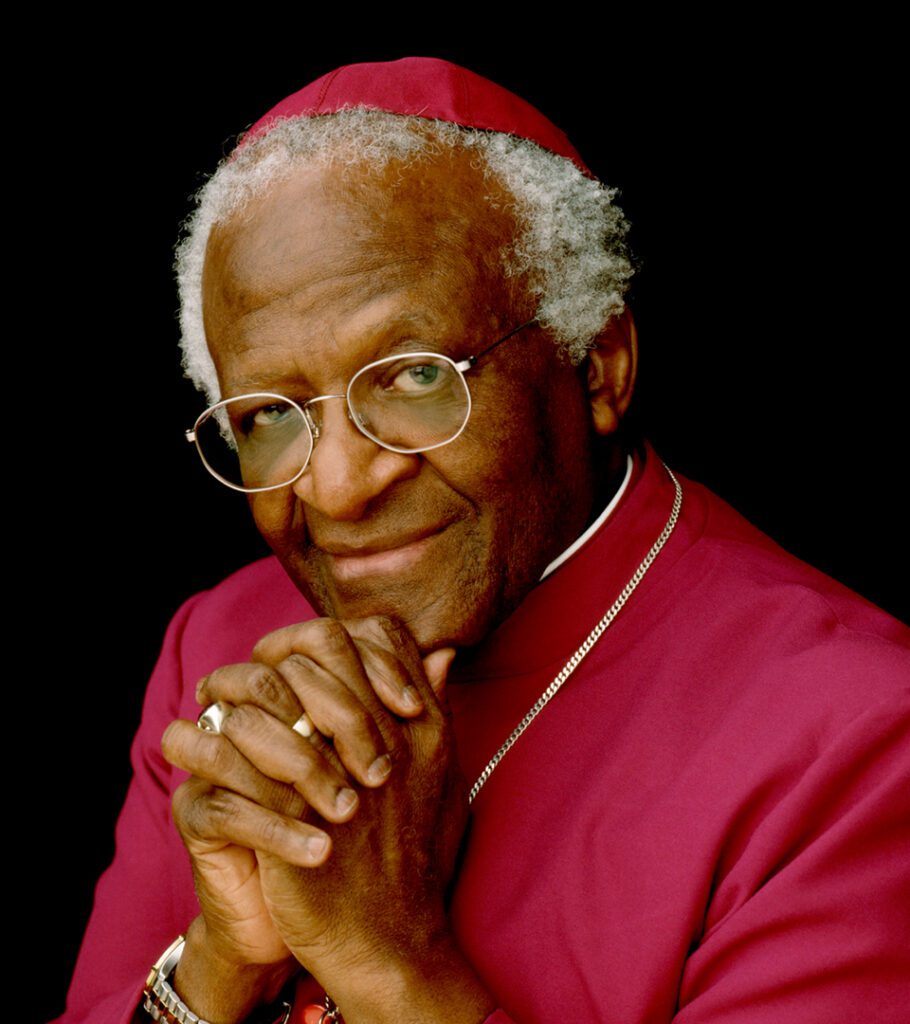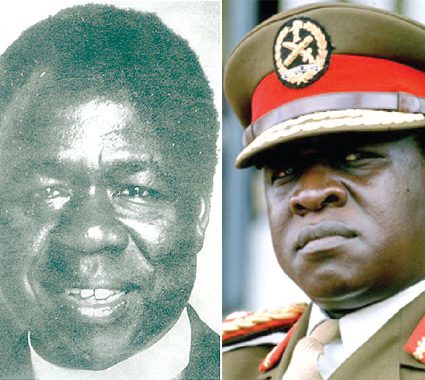Janani Luwum, was an Archbishop of the church of Uganda. He was brutally murdered on February 16th, 1977, during the brutal regime of Ugandan dictator Idi Amin. His death was widely believed to be a politically planned assassination orchestrated by Amin, highlighting the dangers faced by religious leaders who dare to stand up against oppressive political regimes in Africa.
Janani Luwum was a vocal critic of Idi Amin’s brutal regime, which was characterized by widespread human rights abuses and suppression of dissent. As Archibishop of the church of Uganda, Luwum spoke out against the government’s atrocities, advocating for justice and peace. His outspokenness and moral integrity posed a direct challenge to Amin’s authority, making him a target for assassination.

On February 16th 1977, Luwum was arrested alongside two cabinet ministers on trumped-up charges of plotting to over throw Amin’s Government. Just hours after his arrest, news of his death spread, with the official government account claiming that he had died in a car accident while trying to escape. However it is alleged, eyewitnesses and evidence later emerged suggesting that Luwum was murdered in custody, with multiple gunshot wounds found on his body.
Idi Amin was a Ugandan military officer and dictator who ruled the country from 1971 to 1979. He was known for his brutal regime, human rights abuses and widespread corruption. It is believed that Amin ordered Luwum’s murder because he saw him as a threat to his power and wanted to silence his criticism.

The circumstances surrounding Luwum’s death and the government’s blatant lies about the incident point towards a politically planned assassination orchestrated by Amin. The killing of Luwum served as a warning to other religious leaders and dissidents, illustrating the ruthlessness of the regime in silencing dissent. Janani Luwum is not the only religious leader in Africa who has been targeted and killed by political leaders for standing up against oppression.
Throughout history, there have been numerous examples of clergy members who were martyred for their courage and dedication to justice. Some notable cases include: Archbishop Desmond Tutu of South Africa, who wasn’t murdered but faced constant threats and harassment from the apartheid government for his activism against racial segregation. His tireless efforts to promote peace and reconciliation earned him the Noble Peace Prize in 1984.
Bishop Juan Jose Gerardi Conedera of Guatemala, he was murdered in 1998, just days after releasing a report exposing human right abuses committed by the Guatemalan military during the country’s civil war. His death is believed to be a politically motivated assassination. Another one is Bishop Joseph Mukasa Zuza of Malawi, he was killed in a suspicious car accident in 1999 after criticising the government for its human rights violations and corruption. Many suspect foul play in his death.

The tragic death of Janani Luwum serves as a stark reminder of the risks faced by those who dare to speak truth to power in Uganda. His courageous stand against oppression and tyranny should inspire Ugandans to uphold the values of justice, human rights, and democracy. The government, in particular, must learn from the mistakes of the past and ensure that the rights and freedoms of its citizens are protected. Ugandans can draw several lessons from Jananai Luwum’s legacy, including the importance of upholding religious freedom, safeguarding human rights, and holding leaders accountable. The government should prioritise the protection of religious leaders and activists who speak out against injustice and corruption. It must also foster a culture or dialogue and tolerance, where dissenting voices are respected and valued.
ADVERTISEMENT

In conclusion, Janani Luwum’s death was more than a tragic loss; it was a political assassination aimed at silencing dissent and suppressing freedom. Ugandans must honour his memory by standing up against oppression and advocating for a more just and inclusive society. The government, in turn, must uphold the rule of law and protect the rights of all its citizens, regardless of their beliefs or political affiliations. Only through unity and respect for human dignity can Uganda truly move forward and honour the legacy of Janani Luwum.



